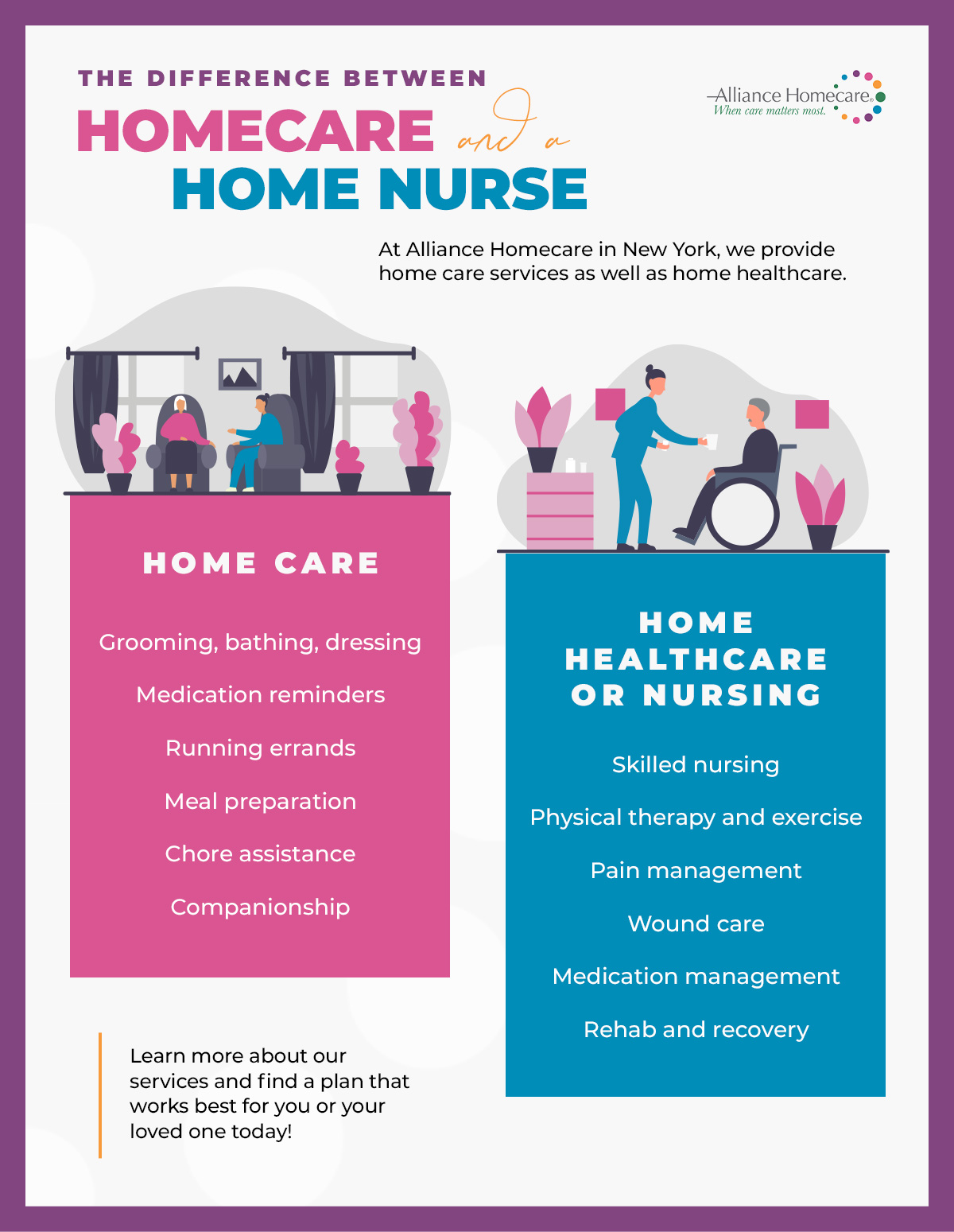Why home care providers melbourne are a great fit for NDIS participants in Victoria
Why home care providers melbourne are a great fit for NDIS participants in Victoria
Blog Article
All About Home Treatment Providers for People With Disabilities: NDIS Registered Assistance
Home care solutions under the NDIS play a crucial role in supporting individuals with handicaps. These services are created to boost daily living via customized help, ranging from individual like mobility support. Understanding exactly how to navigate these options can be complicated. This overview checks out the numerous aspects of NDIS home care, from offered services to the selection of carriers, highlighting essential considerations for those seeking assistance. The trip toward equipped treatment begins right here.
Understanding the NDIS and Its Purpose
The National Handicap Insurance System (NDIS) acts as a transformative framework created to provide support and solutions for individuals with impairments. Established to enhance the lifestyle and warranty equitable accessibility to vital resources, the NDIS empowers participants by supplying personalized strategies tailored to their unique demands. It aims to promote independence, enabling individuals to seek their individual objectives and aspirations.Through an organized strategy, the NDIS allocates funding for numerous supports, including education and learning, employment support, and community involvement. This comprehensive system not just focuses on immediate care but additionally stresses lasting developing end results. By promoting option and control, the NDIS motivates participants to choose their favored provider, guaranteeing that treatment straightens with their choices and values. Eventually, the NDIS represents a significant commitment to boosting the lives of people with disabilities, fostering inclusivity, and developing a more helpful society.
Kinds Of Home Treatment Provider Available
Various sorts of home treatment services satisfy individuals with handicaps, primarily concentrating on personal treatment assistance and break treatment alternatives. Personal care support gives vital assistance with daily tasks, while reprieve care supplies temporary alleviation for primary caregivers. Recognizing these services is essential for ensuring the wellness of both people with disabilities and their families.
Personal Treatment Support
While navigating day-to-day live can provide challenges for people with specials needs, personal care assistance uses vital assistance tailored to their distinct requirements. This sort of home treatment service includes a range of tasks created to advertise independence and improve lifestyle. Individual care assistants help with daily tasks such as showering, clothing, brushing, and toileting, guaranteeing people maintain individual health and comfort. They might also assist with meal preparation, medicine administration, and flexibility support. By offering customized treatment, these experts empower individuals to involve more fully in their social tasks and day-to-day routines. On the whole, individual care aid plays a significant function in promoting self-respect and autonomy for those with impairments, permitting them to prosper in their home environment.

Break Treatment Options
Reprieve care works as a necessary source for family members and caregivers of people with handicaps, supplying temporary alleviation from the needs of day-to-day caregiving. This type of solution can take various forms, consisting of in-home break treatment, where trained professionals check out the home to aid with care tasks. Alternatively, families might choose facility-based respite care, where people get treatment in a specialized environment, enabling caregivers to relax. In addition, some organizations provide emergency reprieve solutions for unanticipated situations. These alternatives not only assist ease caregiver stress and anxiety yet also advertise the well-being of individuals with disabilities by supplying them brand-new experiences and social communication. In general, reprieve treatment plays a crucial role in sustaining both caretakers and those they look after.

Exactly How to Accessibility NDIS Home Care Providers
Accessing NDIS home care solutions entails recognizing the eligibility criteria established forth by the National Special Needs Insurance Plan. Individuals have to navigate a structured application process to protect the required support tailored to their requirements. This section will certainly clear up both the qualification demands and the actions involved in making an application for solutions.
Eligibility Requirements Clarified
To get approved for NDIS home treatment services, people need to satisfy details eligibility requirements that analyze their circumstances and requirements. First, candidates need to be aged in between 7 and 65 years and have a irreversible and considerable impairment that impacts their capacity to execute daily tasks. In addition, they have to be an Australian citizen, a permanent homeowner, or hold a Protected Unique Category Visa. The NDIS calls for evidence of the disability, generally through clinical evaluations or records. Furthermore, people should demonstrate that they need assistance to join financial and social life. These criteria guarantee that solutions are guided towards those who really require support, promoting independence and enhanced lifestyle for people with specials needs.
Application Process Actions
Can I Pick My Own Support Employees With NDIS?
The individual inquired whether you could try this out they might choose their own assistance workers under the NDIS framework. Usually, individuals have the versatility to choose support workers, cultivating personalized care that aligns with their specific needs and preferences.
What Happens if My Needs Adjustment After Receiving Assistance?
They should communicate these changes to their service provider if an individual's needs modification after obtaining assistance. Changes can be made to the treatment strategy, ensuring that the assistance stays relevant and effective for their situations.

Are There Restricts on Just How Lots Of Hours of Care I Can Receive?
The individual asked concerning potential limitations on the number of treatment hours received. Generally, such limitations may exist based upon specific plans or moneying setups, emphasizing the relevance of reviewing standards and contracts routinely.
Can I Use NDIS Funding for Home Alterations?
The concern of making use of financing for home adjustments develops regularly. Normally, individuals may utilize NDIS funding for essential alterations to their homes, making sure ease of access and security, set upon meeting specific eligibility standards and guidelines.
Exactly how Do I Manage Grievances About My Home Care Services?
To attend to problems regarding home care services, individuals ought to first document their issues. They can communicate straight with their solution provider, seeking resolution, or escalate the problem to relevant oversight bodies if needed. Home treatment solutions under the NDIS play a crucial duty in supporting people with handicaps. Numerous kinds of home care solutions cater to people with specials needs, largely focusing on personal treatment assistance and respite treatment choices. home care package providers. Individual care support offers essential support with day-to-day activities, while reprieve treatment uses temporary relief for primary caregivers. Households may decide for facility-based break care, where individuals obtain care in a specialized setting, permitting caregivers to take a break. How can households effectively handle the economic aspects of home care solutions for people with handicaps?
Report this page